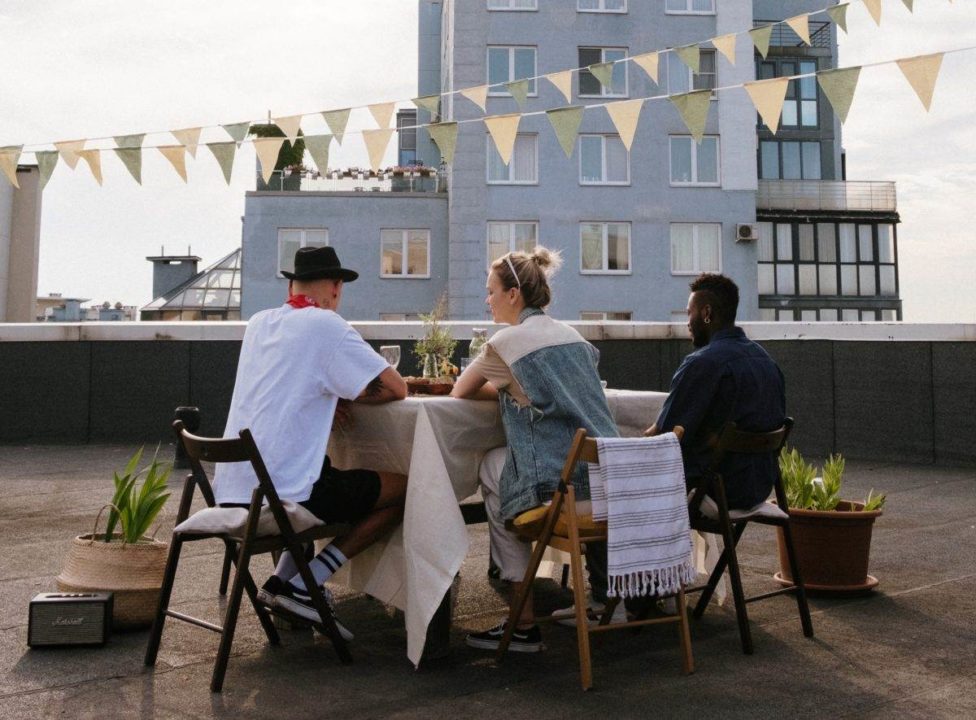How we talk about our relationship with alcohol matters. Why? Oftentimes, conversations around drinking lack inclusivity and scientific accuracy, creating stigma and barriers to treatment. Education and encouragement are critical to changing the narrative. At Monument, we provide accessible online alcohol treatment to change your drinking on your own terms. And our language reflects that.Continue reading “The Monument Glossary: Why The Words We Use Matter”
Monthly Archives: January 2021
My 4 Tips For Going To Your First Party Sober
Before the first party I went to sober, I hadn’t had a drink in five months and was starting to feel socially unfulfilled. A friend of mine was a drummer in an alt-rock band and posted his upcoming show on Instagram… which I took as an invitation. Immediately, I knew I wanted to go, butContinue reading “My 4 Tips For Going To Your First Party Sober”
6 Effective Tips on How to Drink in Moderation
Establishing a healthy relationship with alcohol means something different for everyone. Some people make the choice to change their drinking habits over time without seeking treatment. Others may need additional support in order to drink in moderation or stop drinking entirely. All paths are valid. Ultimately, you may decide sobriety better suits your needs andContinue reading “6 Effective Tips on How to Drink in Moderation”


